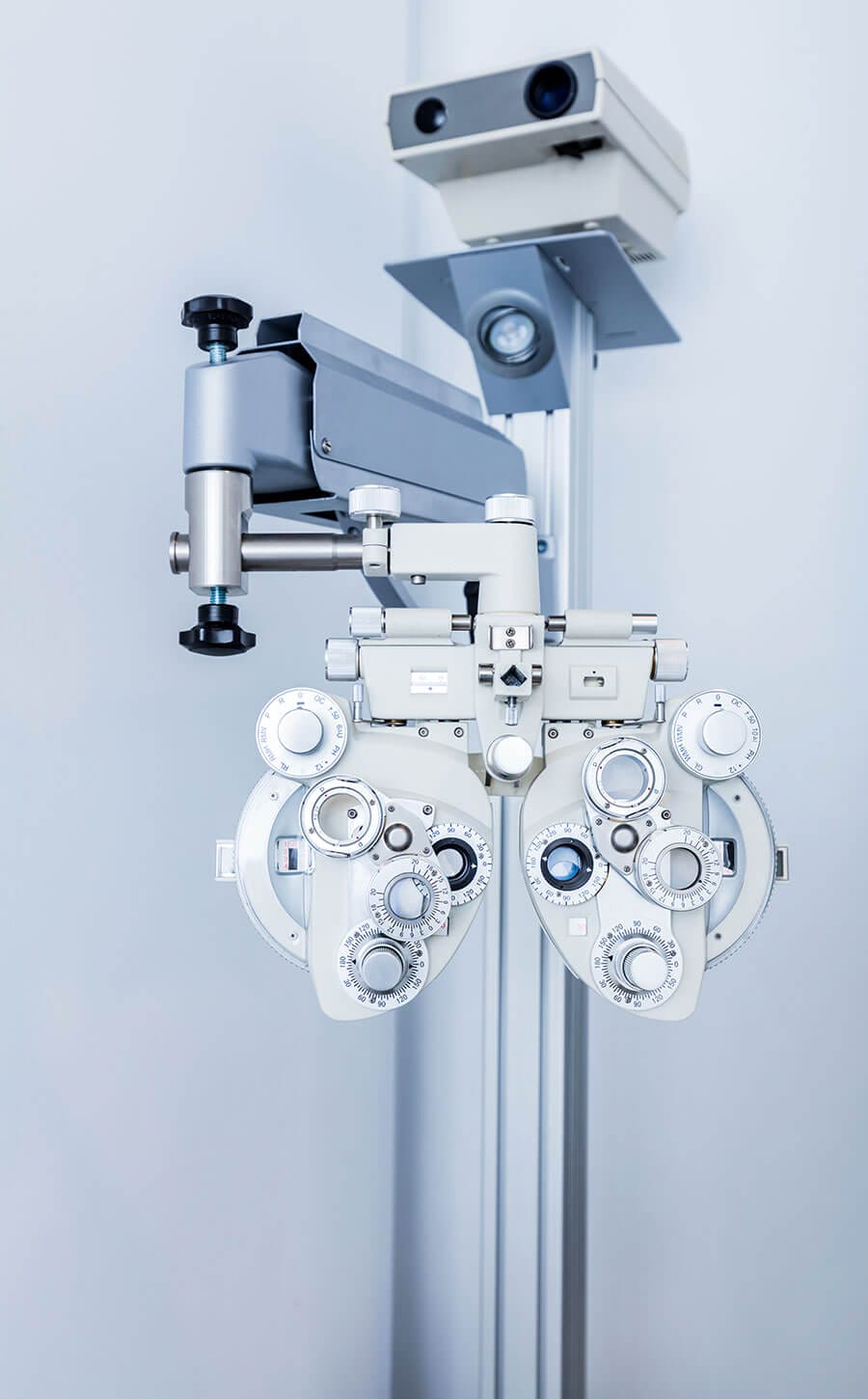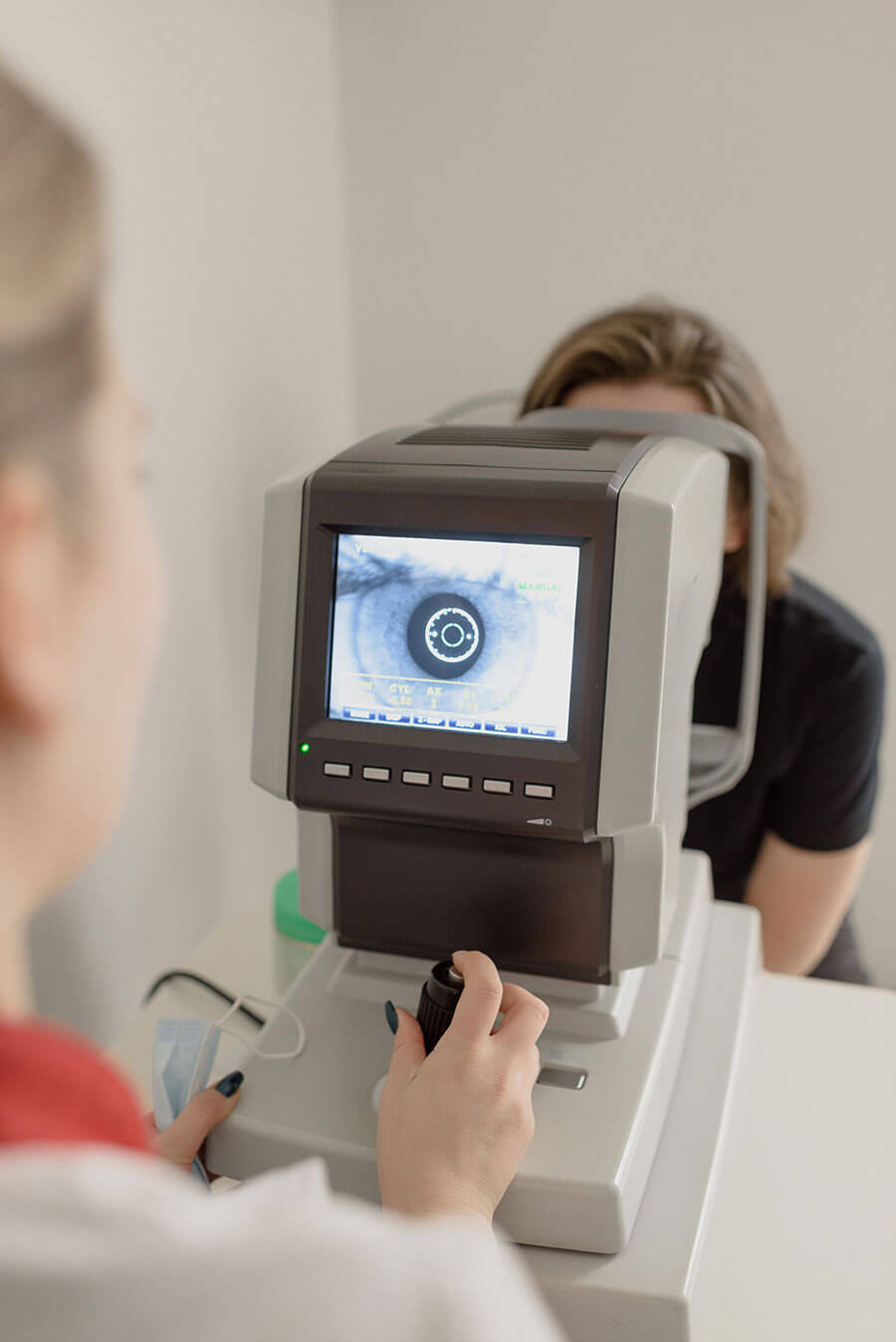To see clearly after LASIK, it takes only a few days or less, whereas for PRK, it takes about a month. As long as the procedure is done by a licensed, experienced surgeon, the results should be the same. When it comes to recommendations about any surgical procedure it is important to consult our optometrist to determine what procedure would be best for you and receive a referral to a recommended eye surgeon. A PRK procedure leaves no flap on your cornea, making it safer and more effective in the long run. LASIK leaves behind a flap that in rare cases may sustain greater damage if the eye is injured.















